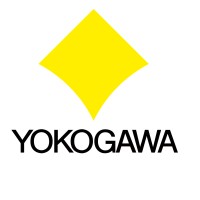
Yokogawa Australia & New Zealand
Established in 1915, Yokogawa is a leading provider of Industrial Automation, Process Safety, Process Instrumentation, Cloud, Data Analytics and Energy Management solutions. Combining ultra-reliable technology with engineering excellence, Yokogawa delivers field proven operational improvement, safety, quality, and reliability. With a presence in the region for over thirty years, we have been improving the lives of everyday Australians and New Zealanders through the provision of engineering and solutions excellence to key industries and critical infrastructure. Our reputation for quality and reliability ensures the highest standards of water purity, food quality, reliable and sustainable energy provision plus minerals supply to help grow our economies. Our dedication to building a safe and sustainable future through emissions monitoring, raw materials reduction and process improvements have been rewarded with globally recognised awards. As an energetic, service-focused business with an enviable reputation for quality and reliability, our people are our strength. Acknowledged at the highest levels for meeting the most demanding of schedules, often on applications that test the limits of conventional platforms and expertise, we work collaboratively with our clients to ensure an optimal outcome designed and installed to the highest possible safety standards. Our resilient transformation approach to improving your operations not only utilises our fit for purpose technology but delves into the best-in-class expertise which is the foundation for some of the world’s most successful Power generators. A proudly diverse and inclusive organisation, we provide solutions that enhance safety, ensure accurate and reliable operation, open windows to previously inaccessible process insights and increase overall plant efficiency. Our total solutions approach ranges from specific process measurement, through packaged applications to complete remote operations solutions.






